Boating, while a source of great enjoyment, can also lead to unfortunate accidents. Understanding the legal implications and the steps to take in the aftermath of a boating accident is crucial. This guide delves into the various boating accident lawyers and claims and offers insights on navigating these complex legal scenarios. Finding the right attorney for a boating accident claim requires careful consideration and research. By looking into multiple options, focusing on specialists in the field, and engaging in a detailed initial consultation, you can find an attorney well-equipped to handle the complexities of your case.
Consulting with an experienced boating accident attorney is key to navigating these claims effectively and securing the compensation you deserve for your losses and suffering. Being involved in a boat accident can be a traumatic experience. However, taking appropriate actions immediately after the incident and legal help is the key.
What Should You Do After a Boat Accident?
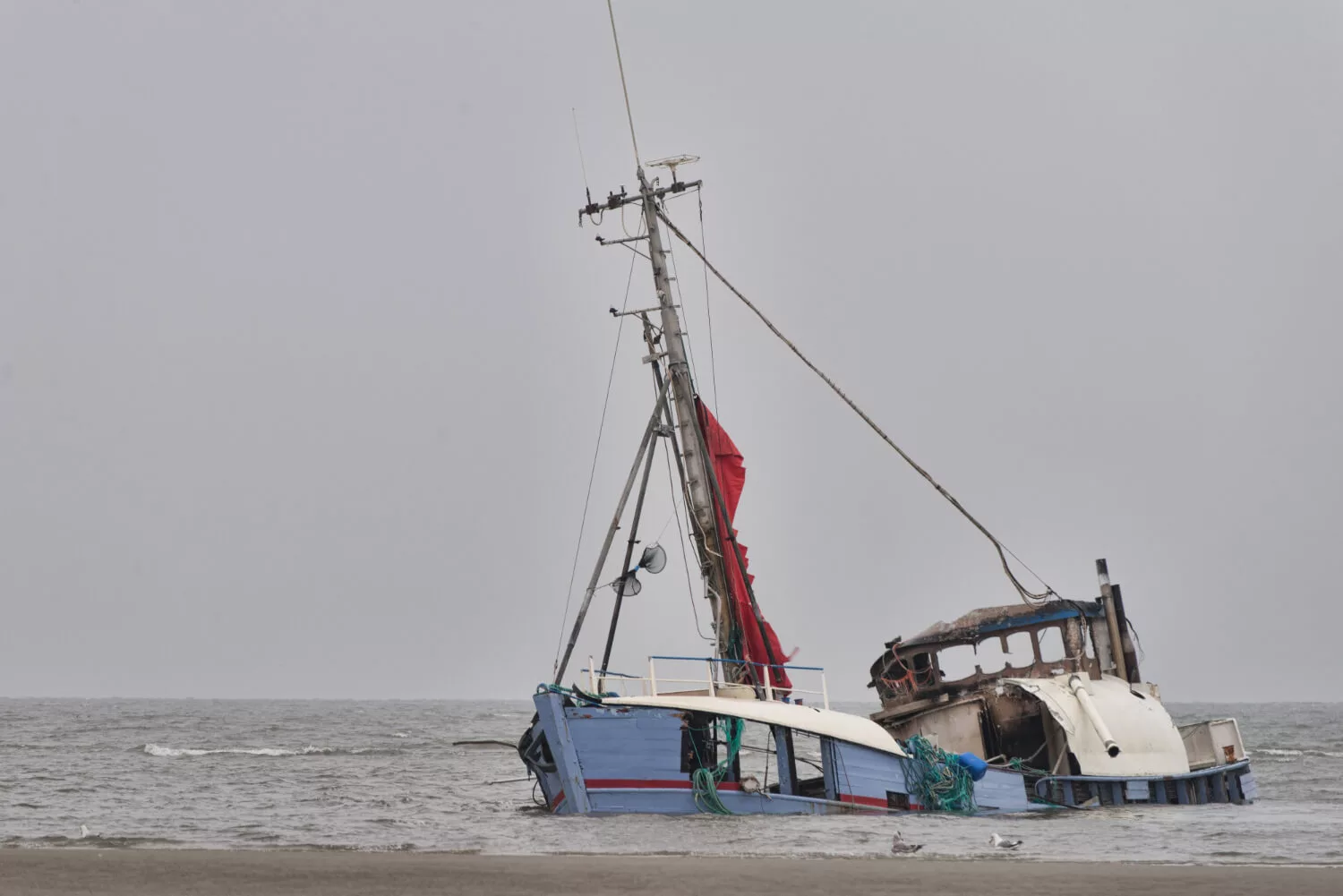
1. Prioritize Immediate Safety and Emergency Response
The immediate aftermath of a boat accident requires quick and decisive action. Here’s what you need to address first:
- Conduct a Quick Headcount: Ensure everyone is accounted for, and check if anyone is missing.
- Assess Injuries and Immediate Dangers: Look for injuries among the passengers and assess if the boat is at risk of sinking or catching fire. Begin evacuation if necessary.
- Safety Equipment Check: Make sure everyone has access to life jackets and that life rafts are deployed if needed.
- Send a Distress Signal: Use the appropriate international distress call, providing essential details like your location, identity, and nature of the emergency.
- Assist in Rescue Operations: If you’re not operating the boat, assist in any way possible to ensure safety measures are properly executed.
2. Report the Incident to Authorities
It’s crucial to report the incident to the relevant authorities promptly:
- Contact the Coast Guard: They are the primary responders in such scenarios.
- Follow Local Reporting Guidelines: Depending on the location, such as in California, specific rules dictate the timeframe for reporting an incident, especially in cases involving serious injuries, missing persons, or significant property damage.
3. Document Everything Related to the Accident
Detailed documentation is essential and can be critical in any legal proceedings:
- Collect Contact Information: Get the names, addresses, and vessel identification of everyone involved.
- Photographic Evidence: Take pictures or videos of the accident scene, including all vessels involved, any visible injuries, and environmental conditions.
- Note Down Observations: Record your observations about how the accident occurred, including any signs of reckless operation by other boat operators or unusual waterway conditions.
- Weather and Environmental Conditions: Document the weather, water conditions, and any navigational markers at the time of the accident.
4. Seek Medical Evaluation
Even if there are no apparent injuries, a medical check-up is important:
- Immediate Medical Attention: Seek immediate medical attention for visible or suspected injuries.
- Post-Accident Health Check: Visit a healthcare provider as soon as possible after the accident for a thorough health evaluation.
5. Understand and Exercise Your Legal Rights
Boat accidents can have complex legal implications, hence the need for expert legal guidance:
- Consult a Boat Accident Attorney: An experienced personal injury attorney can guide you through the legal process, advise on applicable boating laws, and help determine if negligence played a role in the accident.
- Discuss Compensation Eligibility: A lawyer can help you understand if you’re entitled to compensation for injuries, property damage, or other losses due to the accident.
Such as ensuring everyone’s safety, reporting the incident, documenting evidence, seeking medical attention, and consulting with a legal professional, can help manage the situation more effectively. These steps are not only crucial for the safety and well-being of all involved but also play a vital role in any subsequent legal proceedings.
Understanding Compensation in Boat Accident Lawsuits
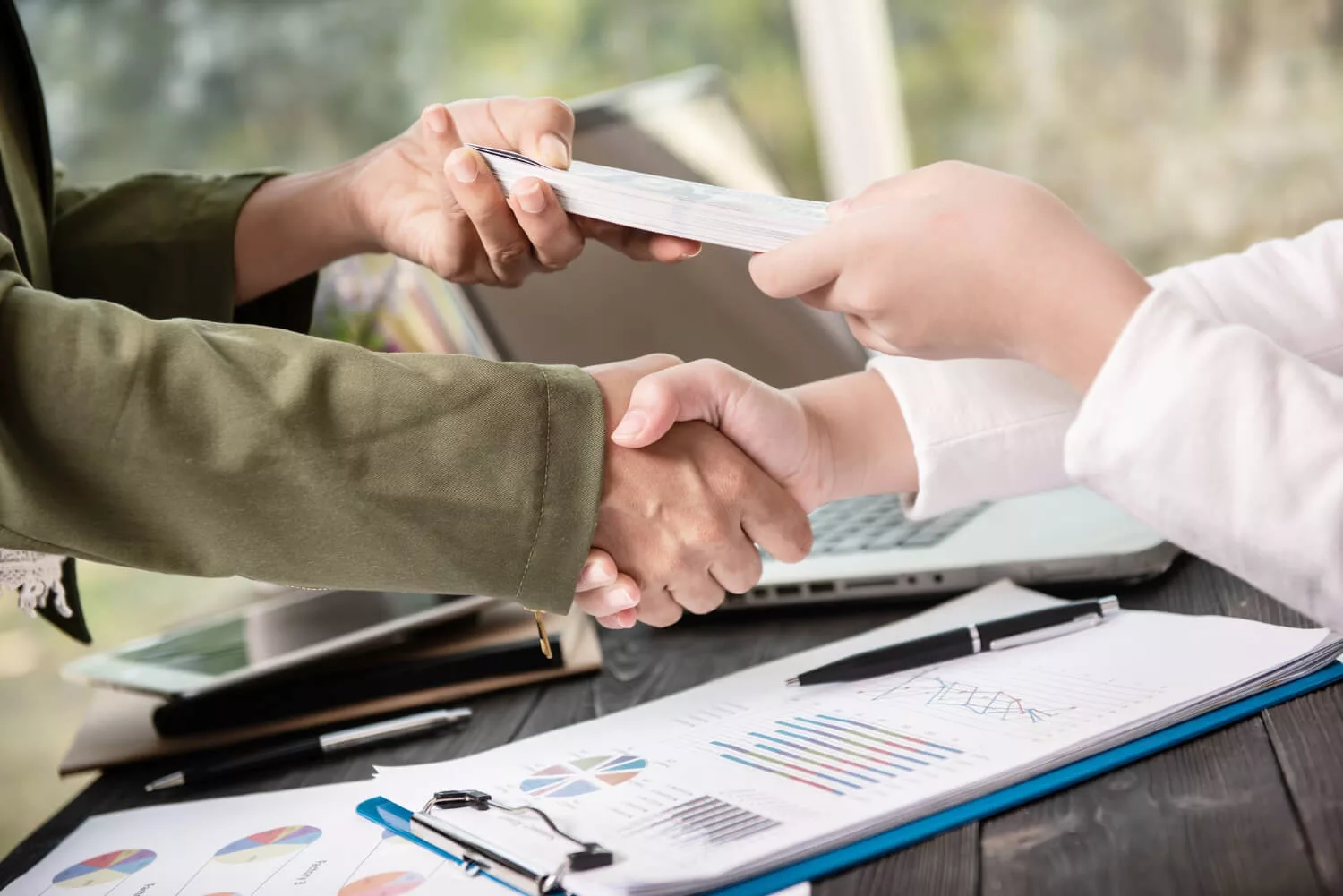

Boating accidents often result in significant physical, emotional, and financial burdens. If you find yourself a victim in such a scenario, primarily due to another’s negligence, it’s important to know the types of damages you may be entitled to claim. This extended guide aims to provide a detailed understanding of the possible compensations in a boat accident lawsuit. or even any accident like pedestrian accident and car accident.
Comprehensive Coverage for Medical Expenses
Boating accidents can result in a wide array of injuries, ranging from minor bruises to life-threatening conditions. Here’s what you need to know about claiming medical expenses:
- Immediate and Long-Term Medical Costs: This includes emergency treatment costs right after the accident, as well as ongoing medical expenses. For instance, costs related to hospital stays, surgeries, medications, and any specialized treatments like physical therapy or rehabilitation.
- Future Medical Treatment: In cases where injuries lead to prolonged or permanent disabilities, you can claim for future medical care, which may include continuous medical support, rehabilitation, or required surgeries in the future.
Claiming for Pain and Suffering
The physical pain and emotional distress following a boating accident are significant components of your claim:
- Physical Pain and Suffering: This includes compensation for the immediate pain and discomfort post-accident, as well as any ongoing physical agony due to injuries.
- Emotional and Psychological Trauma: Accidents can leave lasting psychological impacts, such as PTSD, anxiety, depression, mental health problems or loss of enjoyment in life. Compensation for these sufferings is a critical part of your lawsuit.
- Loss of Companionship: In tragic circumstances where a boating accident results in a fatality, the surviving family members can claim for the loss of companionship and the emotional distress it brings.
Compensation for Lost Wages and Earning Capacity
A boating accident can impact your ability to work, either temporarily or permanently. Understanding this aspect of claims is essential:
- Immediate Wage Loss: If the injury causes you to miss work, you can claim compensation for the wages lost during that period.
- Impact on Future Earnings: In cases where injuries affect your long-term ability to work or advance in your career, compensation can include future lost wages, benefits, and opportunities for career progression.
Damages for Property Loss
The aftermath of a boating accident often includes significant property damage. Here’s what can be claimed:
- Repair or Replacement Costs: Compensation can cover the cost of repairs to your boat or, if it’s a total loss, the fair market value of the boat.
- Personal Property Damages: If personal belongings are damaged, lost, or destroyed in the accident, you can claim their value or the cost of replacement.
In the wake of a boating accident, it’s vital to understand the full spectrum of compensations that you’re entitled to. From covering extensive medical treatments and acknowledging pain and suffering, to compensating for lost wages and property damage, each aspect plays a crucial role in ensuring you receive fair compensation.
Comprehensive Analysis of Leading Causes of Boat Accidents
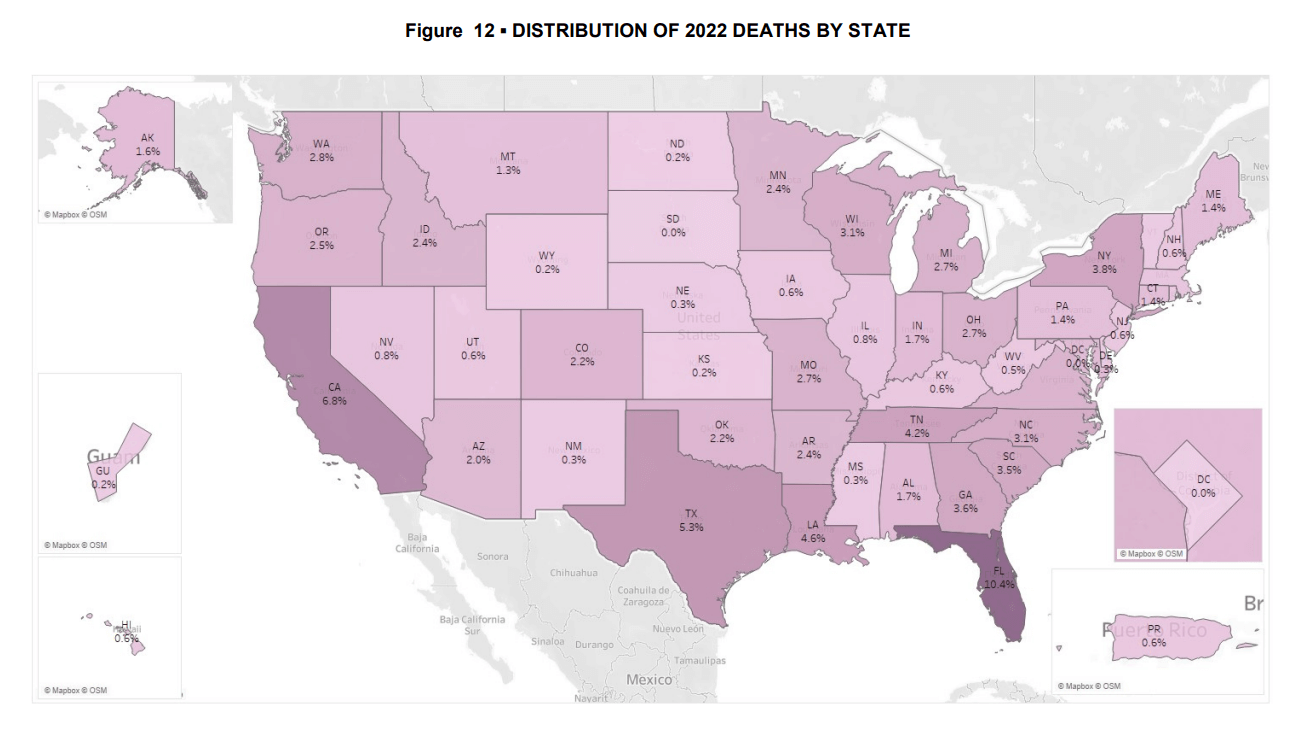


Boat accidents can be devastating, leading to serious injuries and, in some cases, fatalities. In 2021, California alone reported a significant number of boating accidents. Understanding the top causes of these incidents is crucial for prevention and awareness. Here’s an expanded overview of the primary reasons for boat accidents.
The Peril of Operating Under Influence
- High Incidence of Intoxication: A large proportion of boating accidents are attributed to operators being under the influence of alcohol or drugs. Despite stringent laws against Boating Under the Influence (BUI) in California, violations are common.
- Legal Ramifications and Compensation: Victims of accidents caused by intoxicated boaters have legal avenues for compensation. Attorneys specializing in boat accidents can assist in navigating these claims.
Dangers of Unsafe Speed on Water
- Consequences of High-Speed Boating: Exceeding safe speed limits on water can have dire outcomes, including capsizing other boats with wakes or crashing into submerged obstacles.
- Understanding Waterway Speed Regulations: Adhering to designated speed limits depending on water conditions is crucial for boating safety.
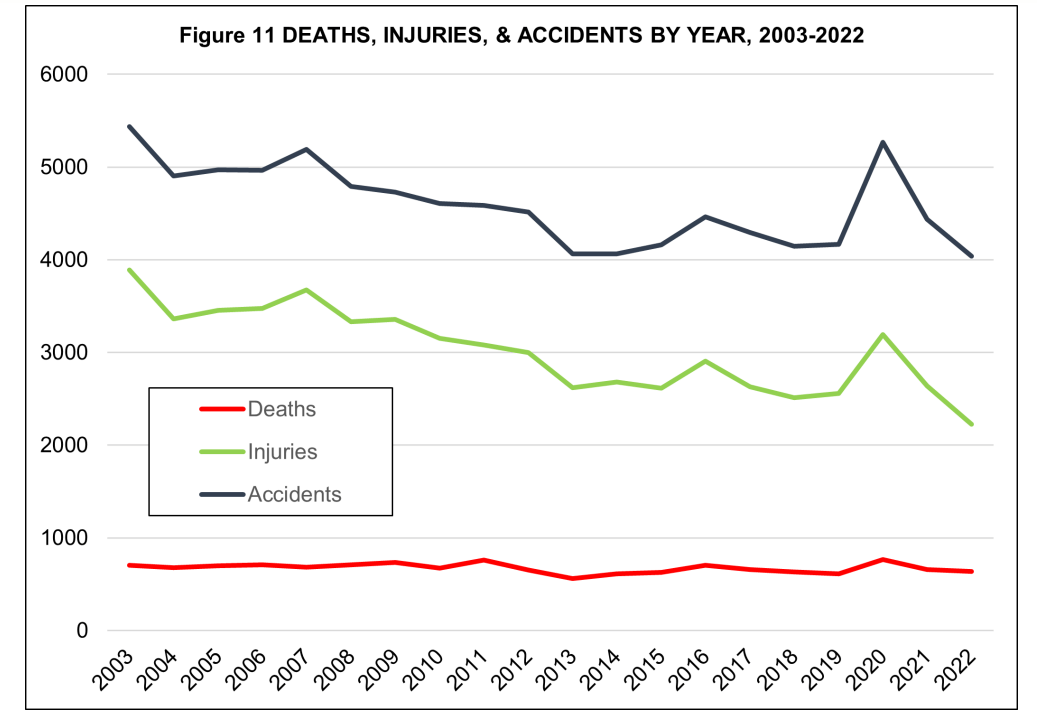


Careless and Reckless Boat Operation
- Negligence Leading to Accidents: Operator negligence, such as failing to have necessary safety equipment like life vests and fire extinguishers, contributes significantly to boating accidents.
- Legal Responsibility: Boat operators have a legal duty to maintain vigilance for other vessels and swimmers, ensuring safe navigation and operation.
The Risk of Inexperienced Boat Operators
- Lack of Experience as a Hazard: Inexperience in handling boats is a common cause of accidents. Knowledge of boating rules and emergency response is essential for safe operation.
- Training and Certification: Advocating for proper training and certification for boat operators can significantly reduce accidents caused by inexperience.
Passenger Conduct and Boat Safety
- Passenger Behavior Impact: Accidents can also result from reckless or negligent behavior by passengers, such as interfering with the operation or assaulting other passengers especially in truck accidents.
- Liability of Passengers: In such cases, passengers can be held liable for their actions if they lead to accidents or injuries.
The Unpredictability of Weather
- Weather-Related Accidents: Sudden weather changes pose a significant risk for boaters. Lack of preparedness for these changes can lead to accidents.
- Importance of Weather Awareness: Boaters need to monitor weather forecasts and heed Coast Guard warnings to mitigate the risks associated with bad weather conditions.
The variety of factors leading to boat accidents underscores the need for vigilance, adherence to safety practices, and awareness of the legal implications of boating activities. From intoxication to weather conditions, understanding these causes is pivotal in reducing the number of boating incidents and ensuring safer waterways. Boaters, passengers, and relevant authorities must work together to promote safety and responsibility in boating activities.
Essential Guidelines for Choosing the Right Boating Accident Attorney


Selecting an attorney after a boating accident can be a daunting task. Boating incidents often involve complex legal scenarios that differ significantly from car accidents. Here are some key tips to help you find the most suitable legal representation for your case.
In 2020 the American Boating Association published statistics that the the Coast Guard counted 5,265 accidents that involved 767 deaths, 3,191 injuries and approximately $62.5 million dollars of damage to property as a result of recreational boating accidents.
Conduct Thorough Research
- Explore Multiple Options: Avoid settling for the first law firm you come across. Instead, look for attorneys who specialize in boating accidents and are familiar with local maritime laws.
- Read Client Reviews: Investigate what previous clients have to say about working with the attorney or firm. Look beyond the firm’s website to external review platforms for a more balanced view. Be cautious of firms with predominantly negative feedback.
Seek a Boating Accident Specialist
- Search Online for Specialists: Use search engines to find lawyers experienced in boating accident cases. Remember, not all lawyers have the same expertise, especially in specialized fields like maritime law and avoid all the myths for hiring a lawyer.
- Evaluate Experience and Knowledge: The lawyer you choose should have a proven track record in handling boating accident cases. Their familiarity with maritime law and local boating regulations is crucial for a successful outcome.
Arrange a Consultation Meeting
- No-Cost Initial Consultation: Most reputable attorneys offer a free initial consultation. This meeting is as much for you to assess the lawyer as it is for them to review your case.
- Prepare Inquiries: During the consultation, ask specific questions to gauge the attorney’s experience, strategy, and communication style. Questions might include their experience with similar cases, success rates, and approach to handling your specific case.
This approach ensures that your legal representation has the requisite expertise and understanding to navigate the unique challenges of maritime law and boating accident claims.
Essential Strategies for Preventing Boating Accidents
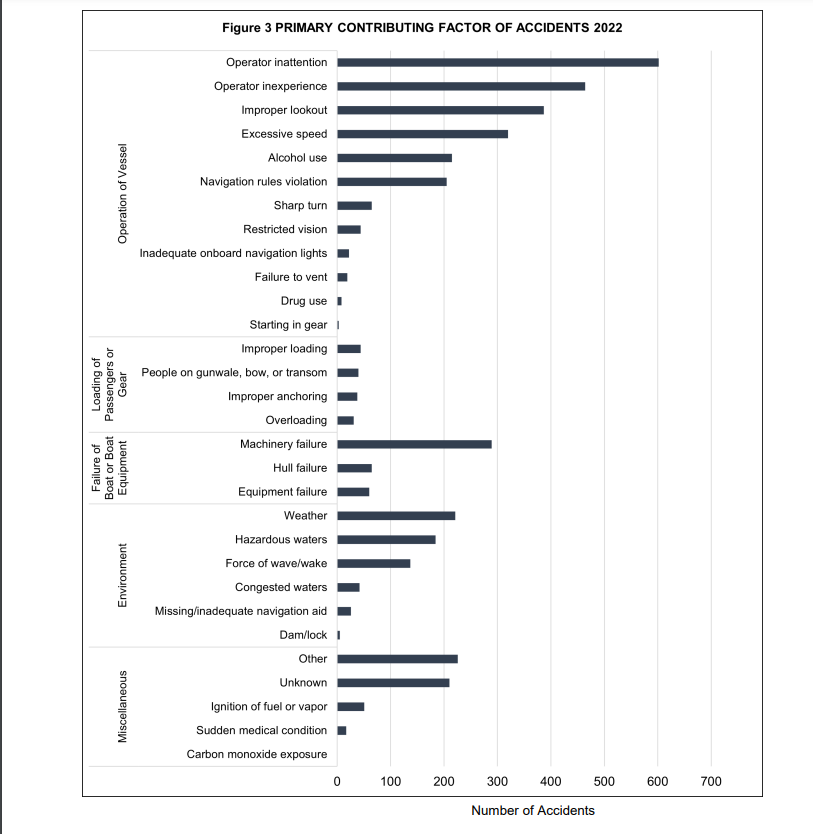


Boating Accident FAQs: Understanding Your Rights and Legal Options
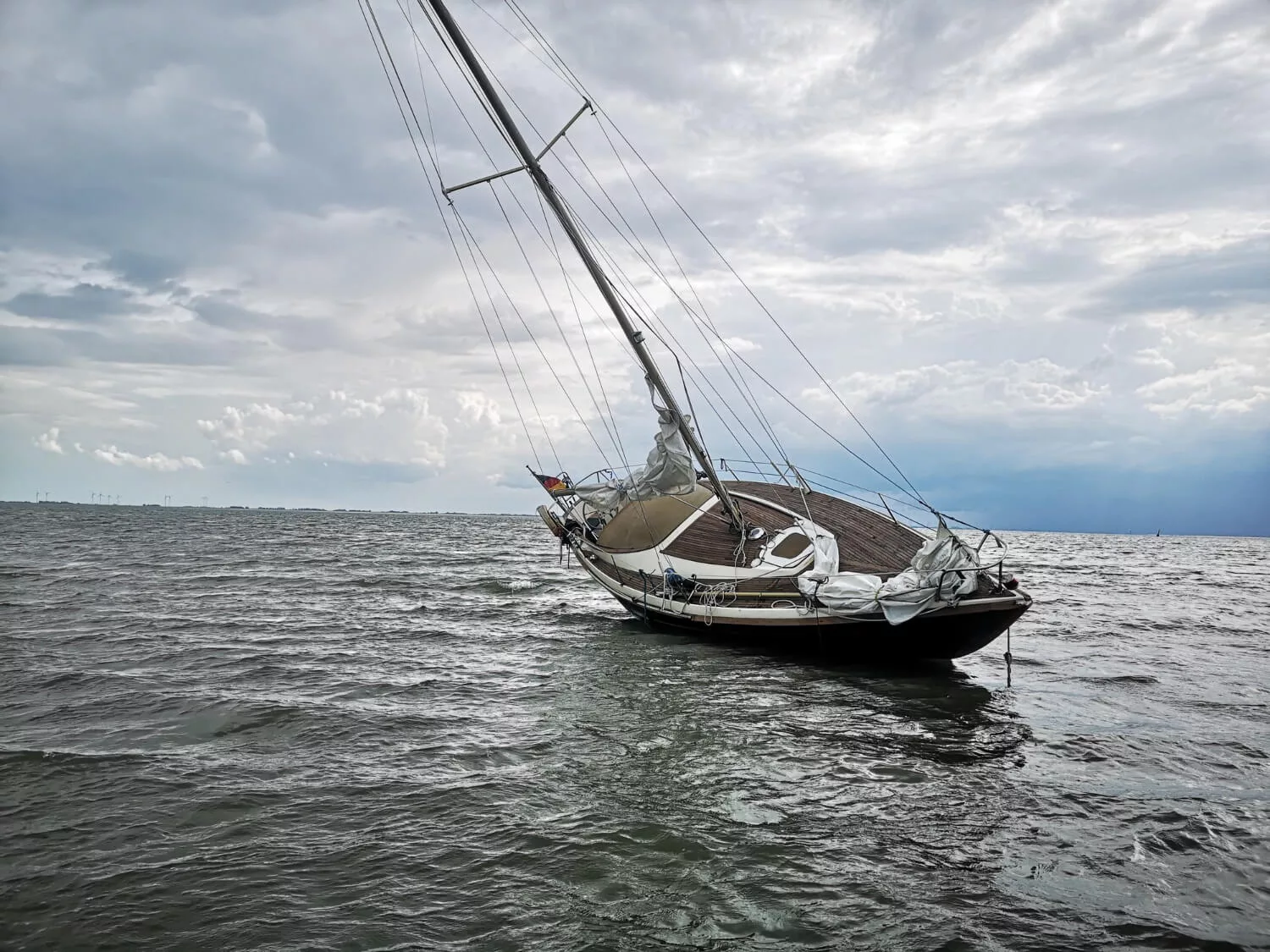

How Often Do Serious Boating Accidents Occur?
Boating accidents are more common than many realize. In the United States, over 4,000 accidents involving significant negligence or criminal charges occur annually, with more than 3,000 resulting in injuries. In cases like these, maritime claims are often necessary to seek rightful compensation.
What Types of Injuries Are Common in Boating Accidents?
The range of injuries from boating accidents can vary widely. Common injuries include:
- Minor Injuries: Such as lacerations, contusions, and abrasions.
- Serious Injuries: Including burns, spinal cord damage, broken bones, electrocution, and in severe cases, drowning.
Is There a Time Limit to File a Claim After a Boating Accident?
Yes, there is typically a three-year statute of limitations for boating accidents. This time frame can vary depending on the location of the accident and whether state laws or federal maritime laws apply. It’s important to consult an attorney promptly to avoid missing critical deadlines.
Can I Get Compensation for Lost Wages Due to a Boating Accident?
Yes, if the boating accident resulted in injuries that kept you from working, you might be eligible for compensation for lost wages. This can include missed work during recovery or reduced earning capacity due to long-term impacts from the injuries.
What Types of Negligence Claims Are Common in Boating Accidents?
In the realm of boating accidents, negligence plays a central role. Common instances where an operator may be deemed negligent include:
- Excessive Speed and Wake Impact: Operating the boat at high speeds, especially in the presence of big waves or wakes.
- Poor Weather Navigation Decisions: Choosing to navigate in heavy weather leading to accidents, such as individuals falling overboard.
- Unsafe Operation and Collisions: This encompasses a range of actions from hitting fixed objects, other boats, to improper use of the boat’s propellers.
Conclusion
Boating accidents require a nuanced understanding of maritime law and personal injury claims. By knowing the types of claims, legal options available, and the process of choosing the right attorney, victims can navigate these challenging waters more effectively. Remember, safety and informed action are key in handling the aftermath of a boating accident.
Understanding your rights and the legal process following a boating accident is crucial. If you find yourself in such a situation, remember to report the incident, document everything, and seek legal advice promptly to ensure your rights are protected and you receive any compensation you may be entitled to.



